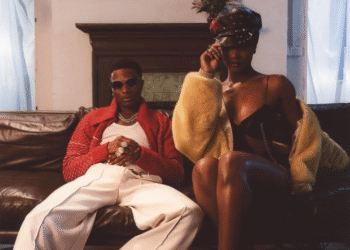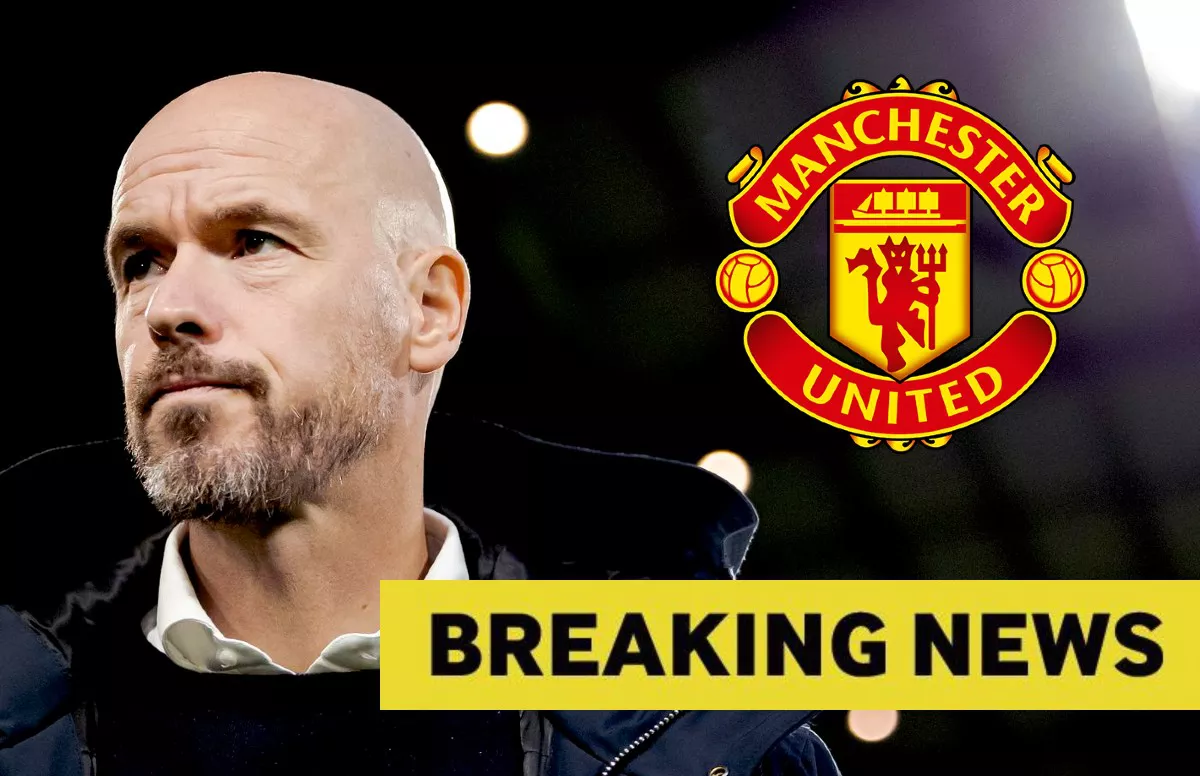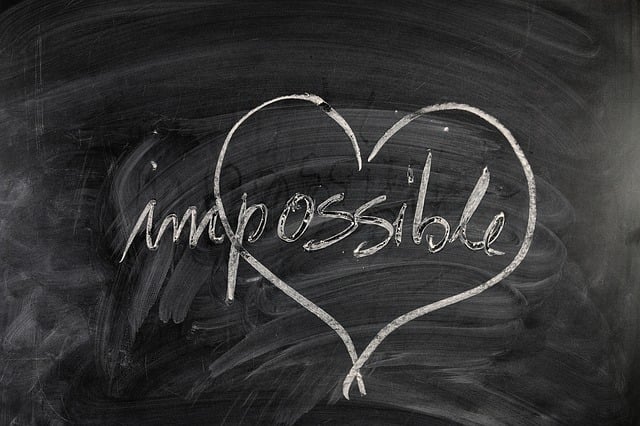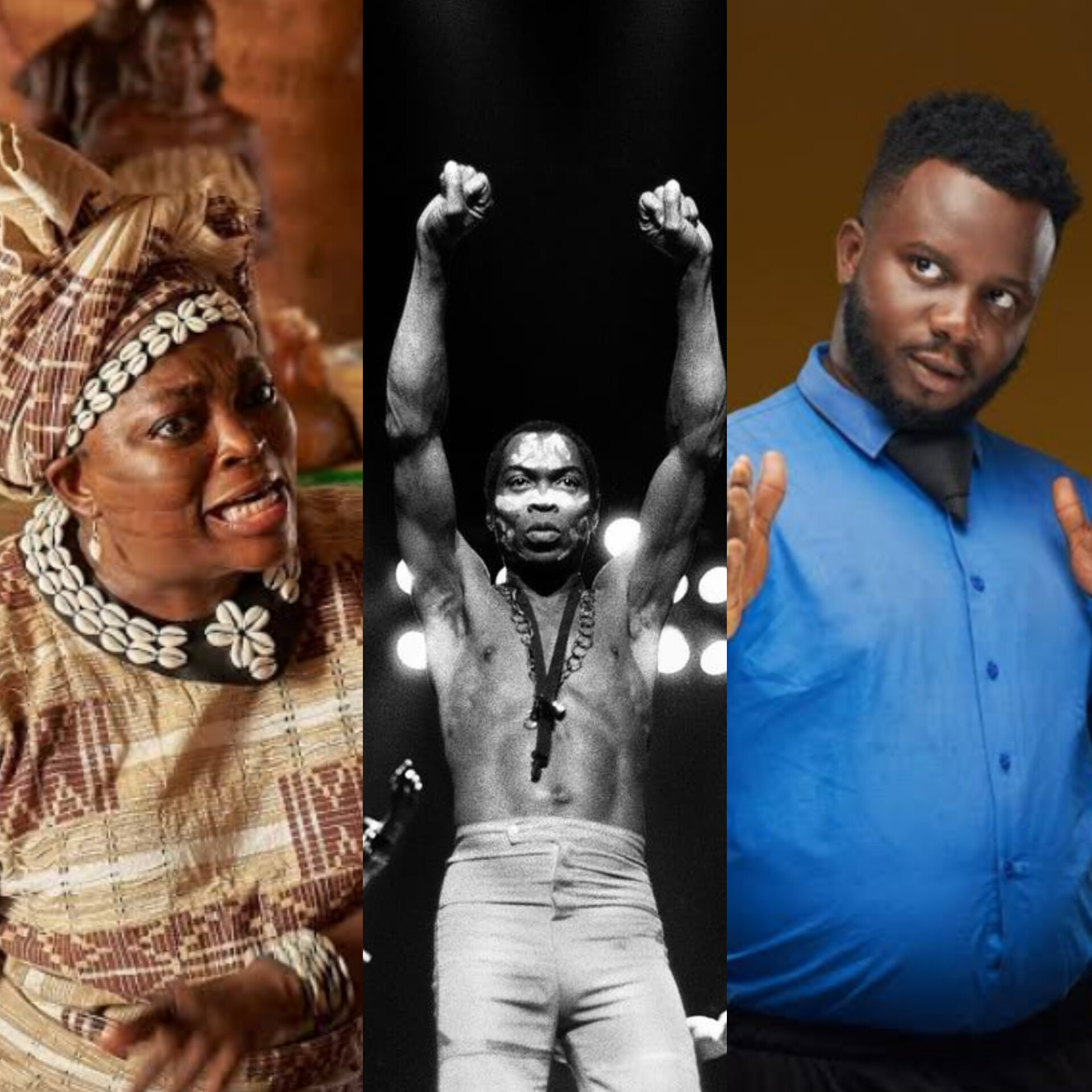By Fasuyi Tolulope Samuel
Popular Nigerian TikToker and streamer, Peller, has gone viral after posting a video recounting a disturbing encounter with police officers at a checkpoint in Lekki.
According to him, the incident occurred while he was returning from Ikorodu and was stopped by the police.
In his words: “I was coming back from Ikorodu when this happened in Lekki. A police officer asked us to open the boot of the car, and we complied. The next thing, he ordered everyone to come down for a search.
I decided to start recording on my phone, just in case anything went wrong. Suddenly, the officer punched me in the face. Then, the other policemen started saying, ‘Oh, we didn’t know it was you!’ So this is what you people do to random, unknown citizens?“
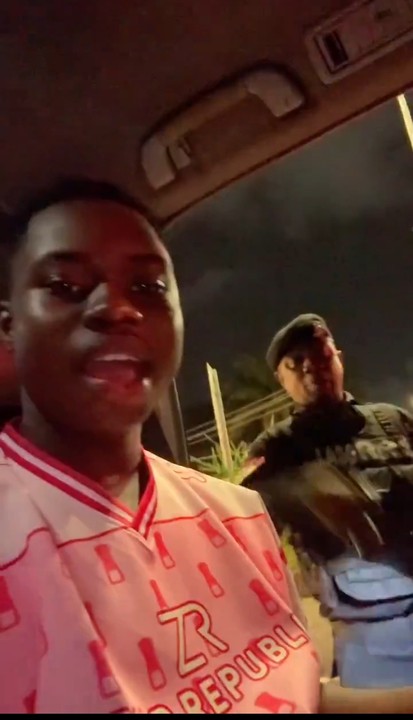
The video, which has sparked heated conversations online, shows a police officer approaching Peller as he sat in his car.
The officer demanded, “Come down for searching. You want to video?” to which Peller responded, “Yes.” Moments later, Peller can be heard screaming in distress, shouting, “God go punish you, why you dey do like that?”
Read: TikToker Arrested for Lambasting President Tinubu & Governor Sanwo-Olu
Peller then steps out of the vehicle, visibly shaken and furious, continuing to record and repeatedly yelling, “He punched my face!” He also breaks into a protest chant while confronting the officers. The other policemen can be seen trying to pacify him, claiming they didn’t realize who he was.
The footage has ignited widespread backlash and renewed outrage over police behavior at checkpoints. While some critics argued that Peller’s tone was confrontational, the majority sided with him, condemning the officer’s action as a blatant case of police misconduct.
Many Nigerians on social media have expressed deep frustration over the recurring pattern of harassment by law enforcement, especially toward young people.
Peller’s experience has added fuel to the ongoing debate surrounding police brutality, unchecked abuse of power, and the urgent need for reform.
The incident highlights the unfortunate reality many citizens face—where the presence of a camera becomes necessary for self-protection, and recognition by the public is often the only shield against police aggression.






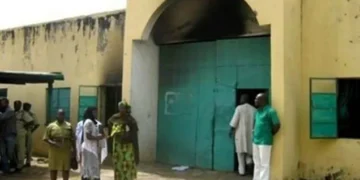









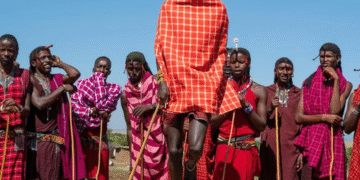





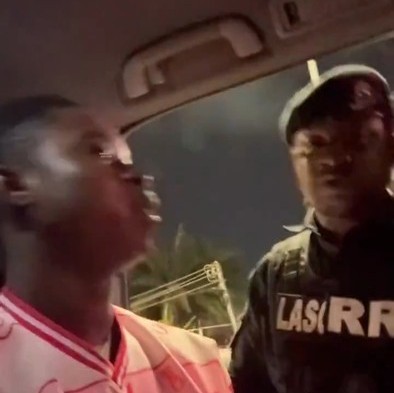


![Rihanna’s Husband, A$AP Rocky Seen in Wheelchair [See Pic]](https://mikigist.com/wp-content/uploads/2025/07/images-1-350x250.jpeg)
